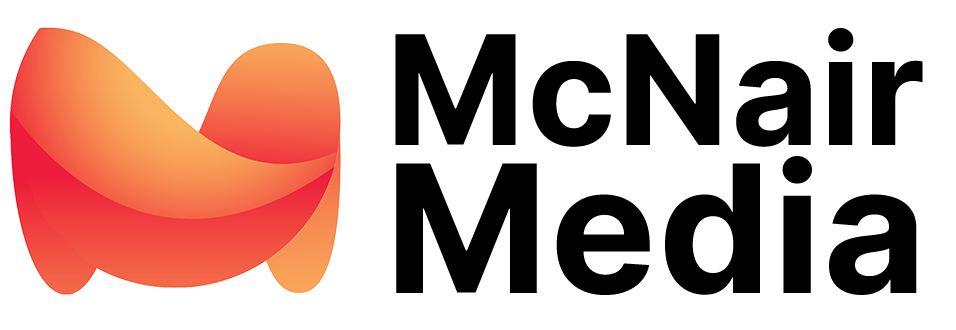As a business owner, the digital landscape offers vast opportunities for growth and connection with your audience. Google’s Ad Verification program is a critical step in ensuring your advertising efforts are transparent and trusted by consumers.
At McNair Media, we’ve successfully guided numerous clients through Google’s Ad Verification process, ensuring their advertising efforts are transparent and trusted. If you’re new to this process, here’s a breakdown of how it works and how our team can support you every step of the way.
Understanding the Verification Program
Google’s Ad Verification program is a new measure to foster a safer ad environment and adhere to new regulations. This is borne out of a lot of emerging regulations and new policies that Google is having to implement across a range of their services.
As a business owner, engaging in this program is crucial for the credibility of your ads and compliance with Google’s policies. What’s different about this policy is that if you do not get verified, you are not able to run ads within the Google Ad Network. If you would like to continue with your digital advertising campaigns within Google, you need to become verified through this new process. You can also read more about the policy directly from Google here.
Steps to Take as a Business Owner
- Gather Your Business Details: Compile all necessary information about your business and identity, which will be needed for the verification process.
- Adhere to Deadlines: Pay attention to any deadlines provided by Google to complete the verification to prevent any interruption to your ad campaigns.
At the time of the writing of this blog post, these are the documents that Google accepts as a part of the verification process:
- Organization’s Registration Document: The official document that registers your organization.
- IRS Confirmation Letter (e.g., CP 575): A letter or notice from the IRS confirming your Employer Identification Number (EIN).
- IRS Form 8871, 8872, or 990: A copy of one of these forms from the IRS website.
- State-Issued Business Certificate: Your certificate of business registration or incorporation.
- SEC Filing: Your organization’s most recent SEC filing, such as Form 10-K, 10-Q, or 8-K.
- Business Credit Report: A report from Experian, Equifax, or TransUnion.
- Verification Request Letter: A dated letter from a government or public agency, on official letterhead, requesting verification.
- Personal Identification: A form of ID to confirm your identity, such as a Driver License, Passport, State ID, or Green Card.
Learn More: The information you provide will be used solely for verification purposes, in line with Google’s Privacy Policy.
McNair Media’s Role in Your Verification Journey
McNair Media is adept at navigating the complexities of Google’s Ad Verification. We offer:
- Form Filling Support: Our team assists in accurately completing the verification forms with all the required details.
- Deadline Tracking: We monitor deadlines to ensure all verification steps are finalized promptly.
- Policy Adherence: We work to make sure that your business meets all Google Ads policies to avoid any issues or delays.
With McNair Media, you’re not navigating the verification maze alone. Our expertise in digital advertising and policy adherence means we streamline the verification process for our clients. Partner with us, and you can concentrate on managing your business while we take care of the verification intricacies.
For further details on how McNair Media can help you with Google’s Ad Verification, please contact us to reach out to us directly. We’re dedicated to helping your business flourish in the digital marketplace.







